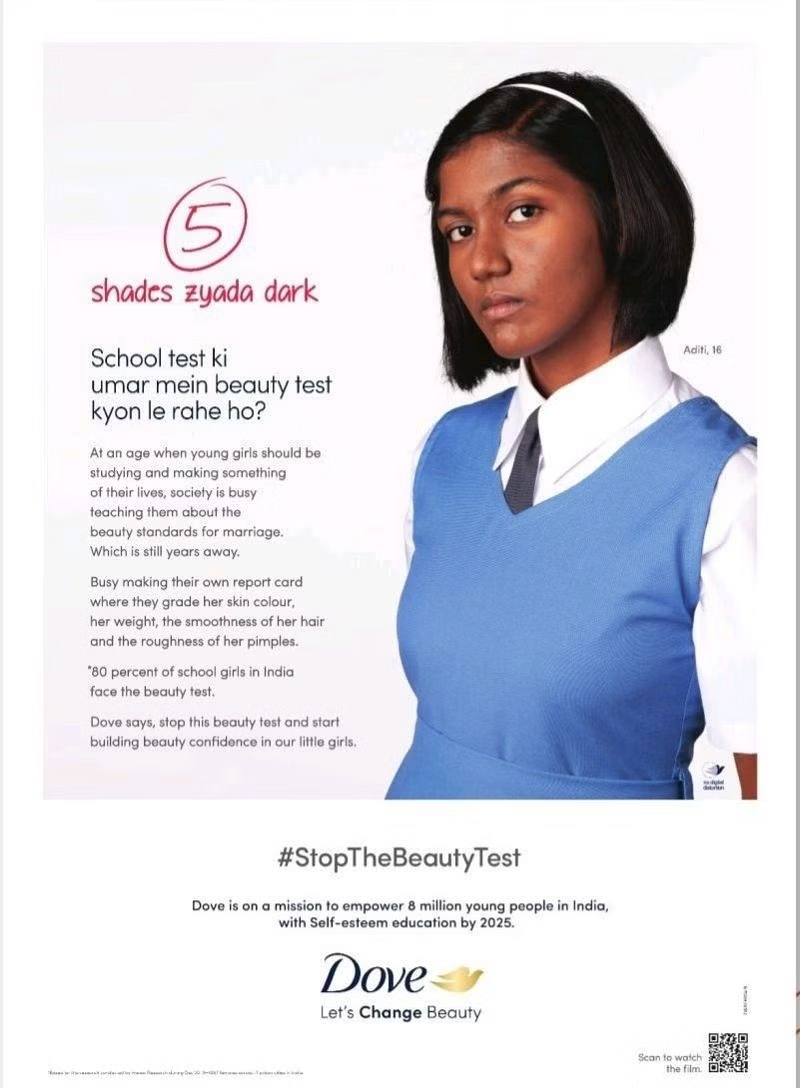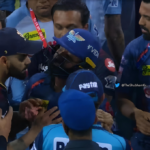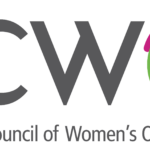In recent years, the advertising landscape in India has witnessed a significant shift, with more and more brands embracing progressive values and promoting social issues. “Woke advertising” has become a buzzword, as companies strive to appear more socially conscious and appeal to the evolving preferences of modern consumers. However, this trend raises an important question: Are these ads genuinely aimed at educating consumers, or are they simply a marketing gimmick to capitalize on popular sentiments?
While some argue that woke ads have the potential to create awareness and spark conversations around social issues, others contend that they are nothing more than a manipulative marketing strategy. This article examines the controversial side of woke ads in India, exploring whether they represent genuine efforts to educate consumers or merely serve as marketing ploys.
- The “Share the Load” campaign by Ariel
In 2015, Ariel launched its “Share the Load” campaign, which aimed to address gender inequality in household chores. The ad features a father apologizing to his daughter for not setting a better example by sharing the housework with his wife. The campaign received widespread acclaim for starting a conversation about gender roles and the unequal distribution of domestic responsibilities.
Critics argue that while the campaign undoubtedly received significant media attention, it did little to change the ground reality. Instead, they claim that Ariel’s campaign merely used the social issue as a backdrop to sell its product, without any tangible impact on gender equality.
- Vicks’ “Touch of Care” campaign
Vicks, a well-known brand of cough and cold remedies, launched its “Touch of Care” campaign in 2017. The ad depicted the real-life story of a transgender woman who adopted an orphaned girl. The campaign aimed to challenge societal prejudices against the transgender community and raise awareness about the need for love and care in the lives of underprivileged children.
While the ad was applauded for its heartwarming narrative, some detractors argue that Vicks exploited the story for commercial gain. They claim that the brand’s primary motive was to evoke an emotional response from viewers, thereby creating a favorable association with its products, rather than genuinely promoting the cause of transgender rights.
3. Brooke Bond Red Label’s “Swad Apnepan Ka” campaign
Brooke Bond Red Label, a popular tea brand in India, has consistently used its ads to promote social issues such as religious harmony, disability awareness, and mental health. For instance, in one ad, Brand portrayed the importance of compassion during these difficult times of COVID-19.
Some critics argue that Brooke Bond Red Label’s ads are a calculated marketing strategy aimed at capitalizing on social issues to sell tea, rather than a genuine effort to foster social change. They contend that the brand’s campaigns serve to exploit consumers’ emotions and manipulate them into associating the product with progressive values, thereby boosting sales.
4. Tanishq’s “Ekatvam” campaign
In 2020, the Indian jewelry brand Tanishq released an advertisement that showcased an interfaith marriage and the celebration of a Hindu baby shower ceremony by a Muslim family. The ad aimed to promote religious harmony and the beauty of blending cultures. However, it faced severe backlash from a section of the public, who accused the brand of promoting “love jihad” and called for a boycott of Tanishq products.
Critics argue that Tanishq’s campaign was an opportunistic attempt to exploit a sensitive issue for commercial gain, without genuinely advocating for religious harmony. The fact that the brand ultimately withdrew the ad in the face of controversy further reinforces this argument.
5. Dove’s ‘Stop The Beauty Test’ campaign
Dove’s ‘Stop The Beauty Test’ campaign aimed to challenge the conventional standards of beauty imposed by society. However, critics argue that the campaign was merely a strategy to capitalize on the growing trend of body positivity and self-love, without genuinely promoting real change.
Some argue that Dove’s parent company, Unilever, still promotes other brands that perpetuate unrealistic beauty standards, casting doubt on their commitment to the cause. Others believe that the campaign perpetuates the notion that women need to be validated by external sources, such as a corporation, rather than promoting true self-love and acceptance. The campaign is a classic example of the fine line between promoting genuine social change and exploiting social issues for commercial gain.

Advertising is not just about selling products, it’s a reflection of society. Brands are trying to appeal to the younger generation that is fighting for a casteless, genderless, and inclusive world. They want to see brands taking a stand for what is right and promoting progressive values. But here’s the catch, when brands do try to make a positive change, they get attacked by trolls and bullies. It’s a no-win situation.
We need to understand that there can be no creativity without freedom of expression and speech. Brands need to stop cowering down to these bullies who want to boycott everything they don’t like. Yes, communication that is discriminatory, offensive or divisive should be taken down, and an apology should be issued if necessary. However, it’s important to recognize when the criticism is politically motivated or driven by an agenda.
Also Read: The Golden Era of Indian Advertising: 10 Jingles that Captured Our Hearts
It’s time for marketers and advertisers to support each other and find the courage to stand up against cancel culture. It may not be easy, but it’s necessary for the greater good of the industry and consumers alike. We need to let brands know that we support them in their efforts to make a positive change, and that we won’t let the bullies win.
















